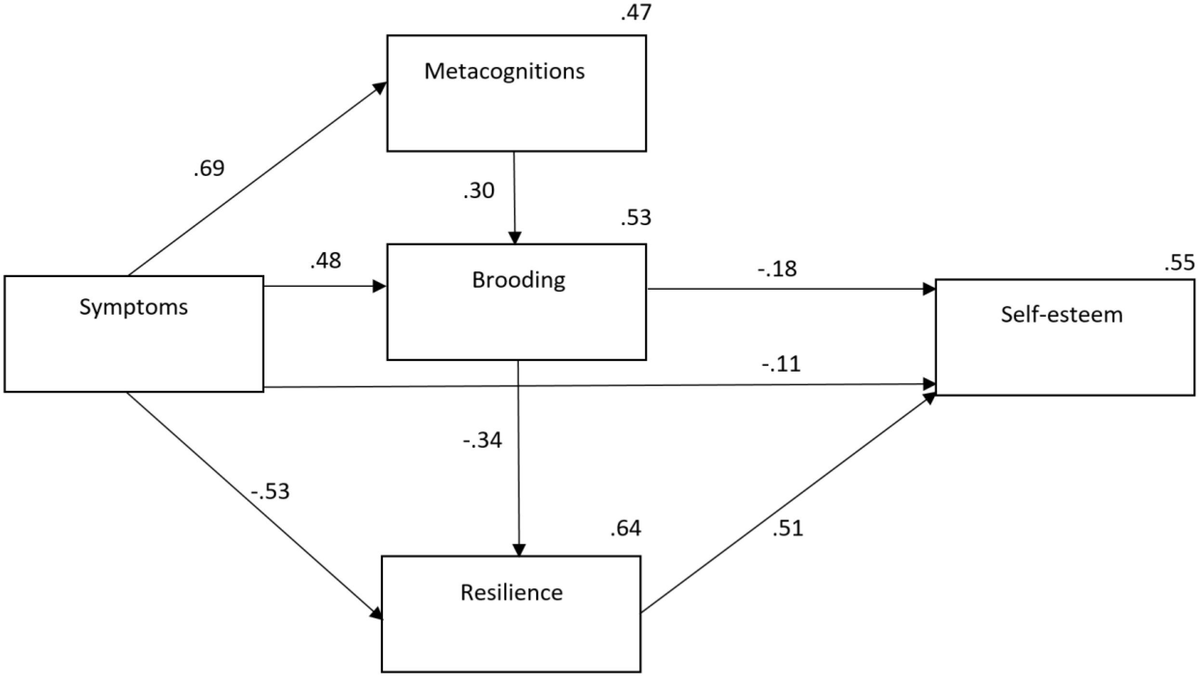David Baxter PhD
Late Founder
I don't mean to suggest that trusting people until proven wrong means you should spill your innermost feelings and fears to them. For me, that is reserved for those who have gone beyond just not proving themselves to be trustworthy; that's reserved for a select few who have proven repeatedly that they can be trusted.
As for boundaries, first that's something you can become better at with practice and I've found that it became easier for me as I got older.
As for boundaries, first that's something you can become better at with practice and I've found that it became easier for me as I got older.

